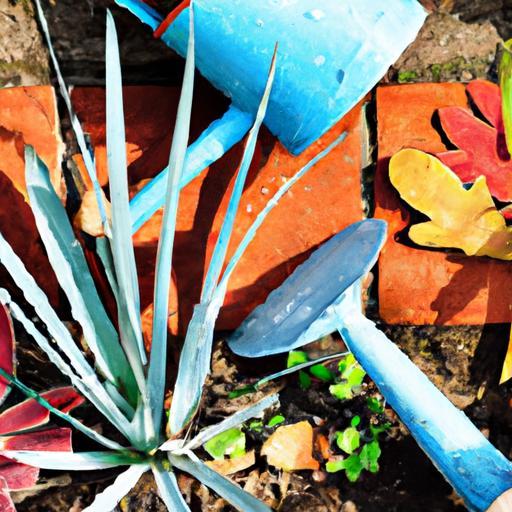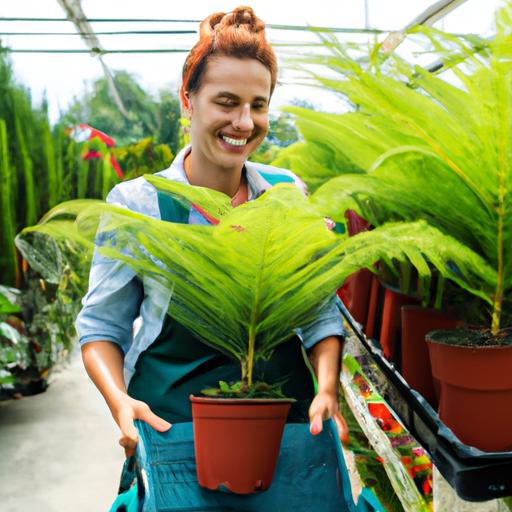Eco-Aware Gardening: A Comprehensive Guide for Beginners
As our awareness of environmental issues grows, the practice of gardening has evolved to emphasize sustainability. Welcome to “Eco-Aware Gardening,” your essential resource for adopting green techniques while creating your own flourishing outdoor sanctuary. Whether you’re a garden veteran or taking your first steps into this rewarding hobby, this guide is designed to assist you in mastering sustainable gardening practices. Learn effective methods to transform your garden into a vibrant ecosystem that enriches not only the landscape but also local wildlife and overall planetary health. By selecting appropriate plants, implementing natural pest control measures, utilizing compost effectively, and understanding seasonal rhythms, you will gradually enhance your garden’s ecological footprint. Are you ready to explore sustainable gardening? Let’s cultivate growth together!
Creating a Healthy Soil Ecosystem
The foundation of any thriving garden is robust soil health. Initiating a nurturing environment starts with grasping key elements that contribute to soil sustainability:
- Organic Enrichment: Adding compost, decaying leaves, and other organic substances enhances nutrient content and boosts soil aeration.
- Biodiversity of Microorganisms: Foster beneficial microbes by eliminating synthetic fertilizers; instead use natural enhancers that promote self-sustaining soil vitality.
- Soil Composition: Attain ideal soil structure by incorporating materials such as sand or clay as necessary for optimal drainage and root development.
Additionally, it’s important to adopt strategies that preserve the integrity of the soil long-term. Here are some effective practices worth considering:
- Sowing Cover Crops: Use cover crops during dormant seasons to minimize erosion while enriching the soil.
- No-Till Approaches: Limit disturbance through reduced tilling activities which help maintain habitats for earthworms and other beneficial species.
- Minding Mulch Levels: Applying an organic mulch layer assists in weed suppression while conserving moisture and releasing nutrients during decomposition.
A helpful reference for critical amendments can be found in the table below which details amendments alongside their specific advantages:
| Amenity | Main Benefits |
|---|---|
| Additional Compost | Busts up nutrient levels; enhances structure stability |
| Pine Bark Mulch Medium | >Effective at controlling weeds; conserves moisture levels; | Enrich organic matter; aids against erosion |
| Pest | Natural Remedy |
|---|---|
| Aphids | Add ladybugs or apply a soapy water mixture. |
| Slugs | Create barriers using diatomaceous earth or copper tape. |
| Spider Mites | Spray with neem oil or use water to wash them away. |
| Whiteflies | Use insecticidal soap or introduce parasitic wasps as controls.
By adopting these natural pest management techniques in your garden practices, you’ll not only enhance plant vitality but also positively influence local ecosystems. Ensuring the interplay between healthy plants and effective pest control is crucial for sustainable gardening habits.
 Effective Strategies for Water Conservation in Gardening
The practice of water conservation through strategic gardening techniques not only enhances the health of your plants but also preserves vital resources. Careful selection of design elements and plant varieties can notably lower water needs while keeping a verdant landscape intact. Here are some actionable strategies:
|

